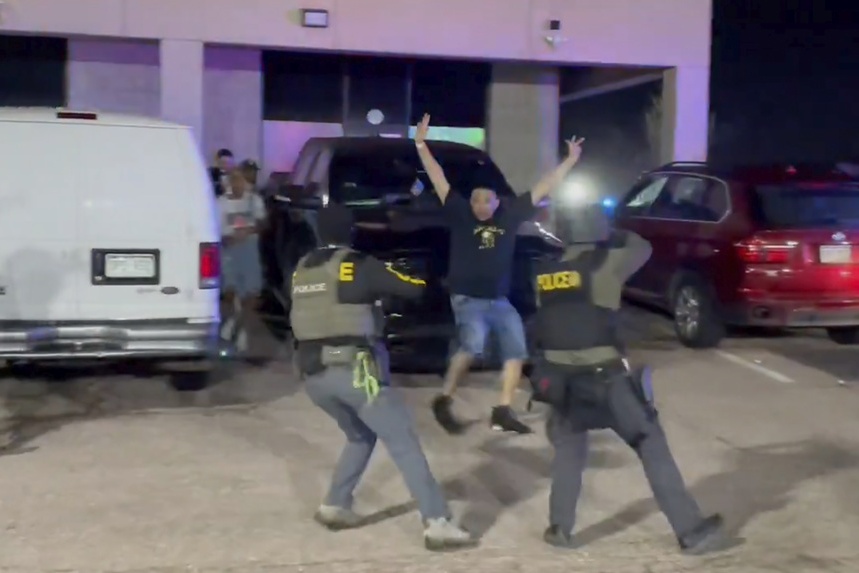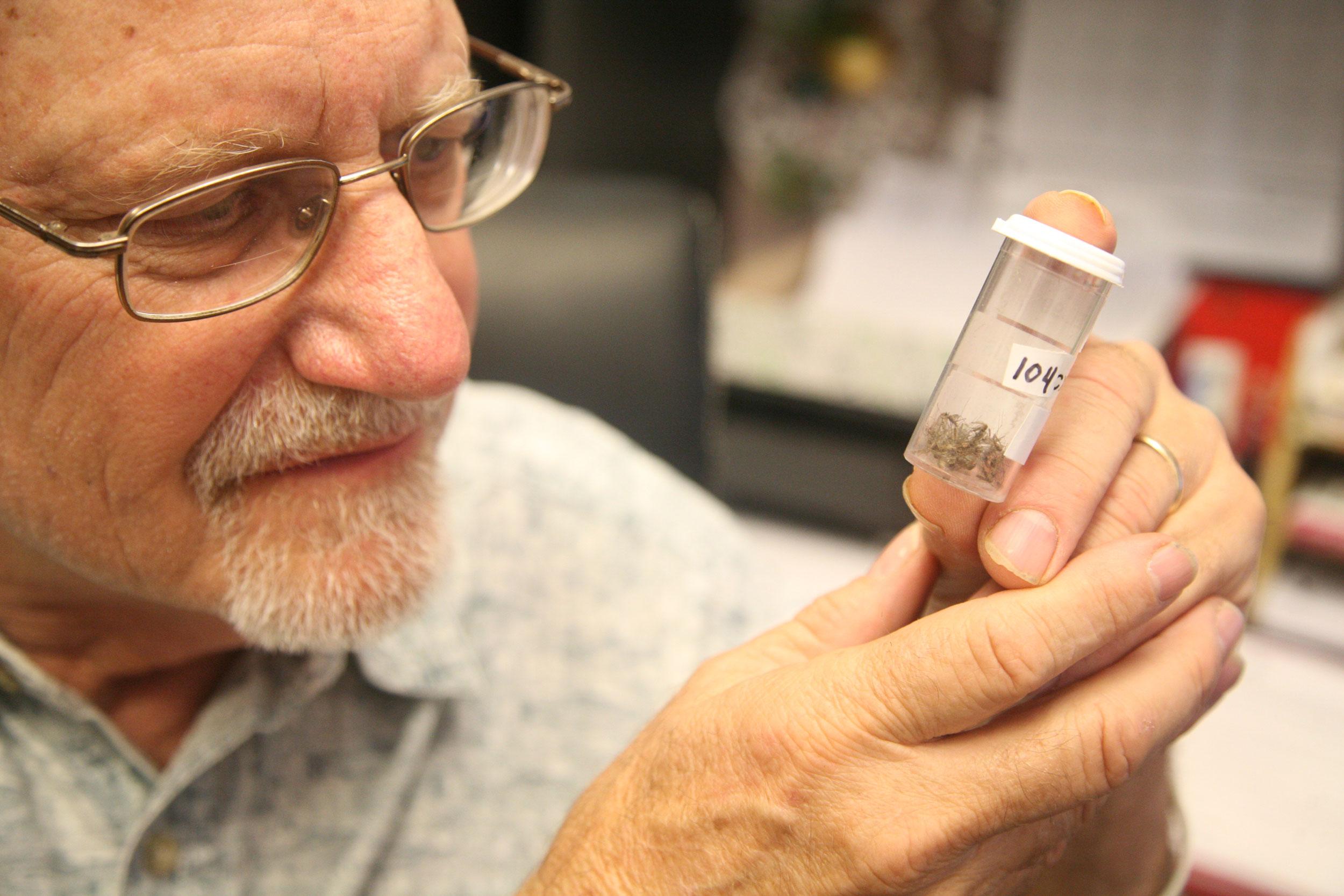
“West Nile disease is brutal,” said Betsy Marston, the shock of the loss of her husband still in her voice. “You suffer. He suffered.”
Her husband, Ed, the 78-year-old former publisher of High Country News, had recovered well from a heart bypass operation and was back to hiking through the Paonia wilderness. Within a span of a few days, however, his body went dramatically downhill to where “he could barely walk, and that’s when we went to the ER,” Marston said.
By the time the test results came back positive for West Nile, the virus had eaten away at his body and mind for a little more than a week. He shook uncontrollably. He was practically comatose.
Ed Marston died Aug. 31, 2018, one of three West Nile deaths in the state that year. There have been 131 total confirmed cases in Delta County since the virus was first detected there in 2003. Other counties have seen higher numbers — Larimer, Weld and Boulder, in particular — but Delta now has something for West Nile victims most parts of Colorado don’t — a support group.
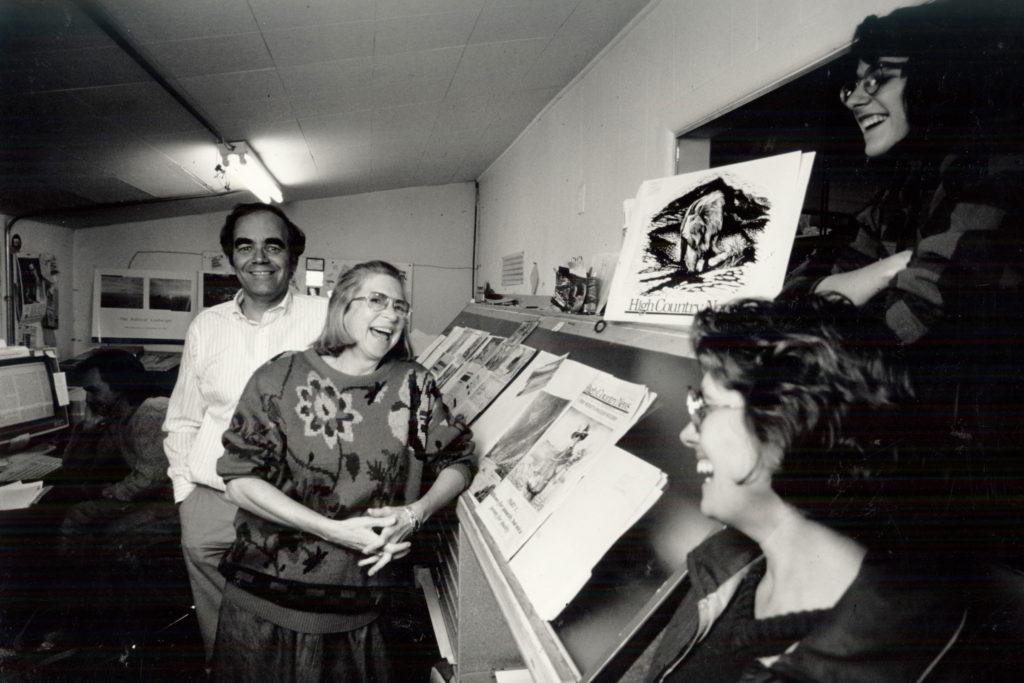
Marston is one of about a dozen members who want to connect with others affected by the illness. She knows it can be hard for people to take West Nile seriously.
“People are unwilling to accept a hazard that seems so ephemeral,” she said. “They think it’s just a bug. You know, you slap it and it’s dead.”
Most of the time, that’s true. The vast majority of West Nile cases have few or no symptoms. Many go undiagnosed. In a tiny percentage of cases, people face debilitating paralysis and other complications. These disabilities that can take months, years or a lifetime of recovery.
Ed Marston is one of about 200 across the country who’ve died from West Nile.
That makes West Nile a tragedy, but only for a small number of people, and maybe that’s why the message of protecting yourself from mosquitoes is so hard for health officials to get across.
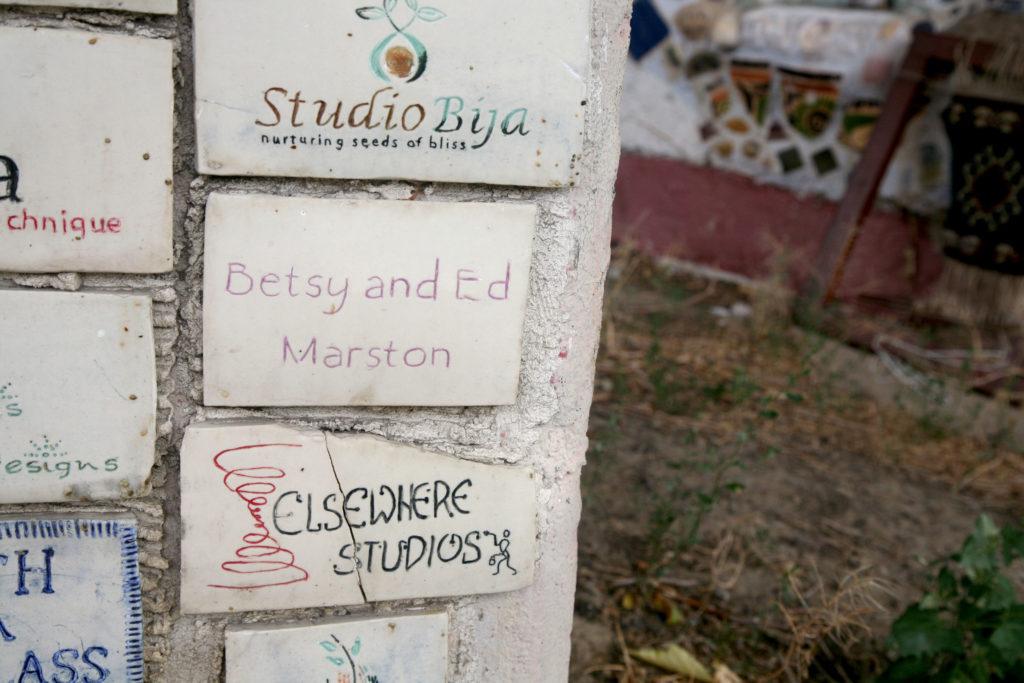
During the summer, Paonia holds free evening concerts at a park downtown. They’re packed with families camped on blankets, surrounded by food trucks and beer stands in the warm night air. And there’s always a table with free mosquito repellent. It often goes unused.
“Isn't that like worrying about getting hit a meteorite or something?” said Drew Henry, 35, at an August show. “It's like, should I always be walking around with a hard hat on?”
Henry was from out of town, but West Nile is also prevalent in his home state of Arizona.
Local Janet King, 59, takes West Nile very seriously. Her husband’s had it, and she’s known three others who have, as well. At the same time, she refuses to live in fear of it.
“A mosquito’s going to bite you if it wants to, and it doesn’t matter if you have insect repellent on or not,” she said. “So, I don’t really know what precautions you can take, which is why I think people don’t really want to acknowledge what damage it does, because you can’t do anything about it if you have it.”
Like many in the area, she won’t use bug sprays that contain DEET, a common but controversial additive the Centers for Disease Control and Prevention endorses. The other protective measures health officials recommend are also unappealing to many: wear long sleeves and pants, and avoid being outside at dusk and dawn, which happens to be the most enticingly cool part of the day in a hot Paonia summer.
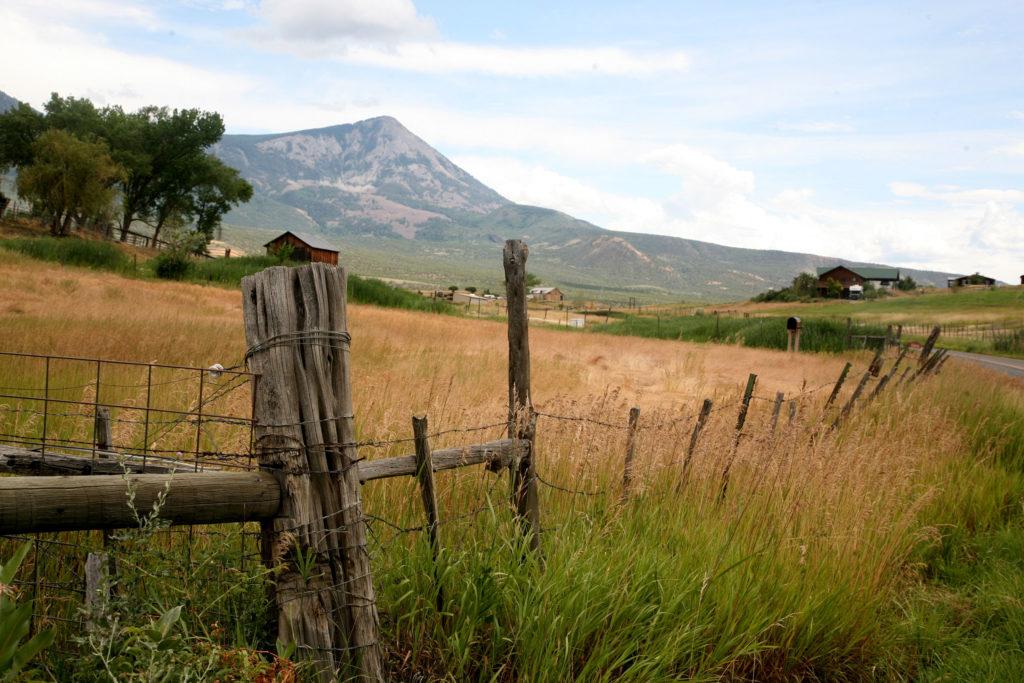
Personal protection is just one facet of West Nile prevention, however. About two thirds of Delta County is served by one of two mosquito control districts. County employees kill adult mosquito and larvae, and spray when needed in small, targeted areas.
The removal of standing water is one of their biggest jobs and there can be a lot of that in an agricultural area like the North Fork Valley. Delta County Department of Environmental Health Director Ken Nordstrom has a catch phrase about it.
“When water gets wasted, people get tasted — by mosquitoes,” he said, with a dramatic flourish.
Nordstrom is among the government officials who have called for county-wide mosquito control. More than one third of Delta has no mosquito control at all, including Crawford, Orchard City and Cederedge. The problem, Nordsrom explained, is that local residents have to want this, too. Mosquito abatement is funded like a school, by locals who vote for tax increases. In order for voters to approve that, they have to care about it. And how do you get people to care about something that could maim or kill, but most likely won’t ever affect them?
“I think stories,” Nordstrom said. Personal stories, he meant, survivor stories. Like John VanDenBerg’s.
He was a friend of Ed Marston, but VanDenBerg never made it to Marston’s funeral. That’s the day he passed out on his living room floor before lapsing into a semi-conscious state for a few weeks. VanDenBerg survived and went through months of rehab. He’s relearned how to walk with the use of a walker and is getting the use of hands his back. The mental damage has lessened as well, but he’s deeply humbled.
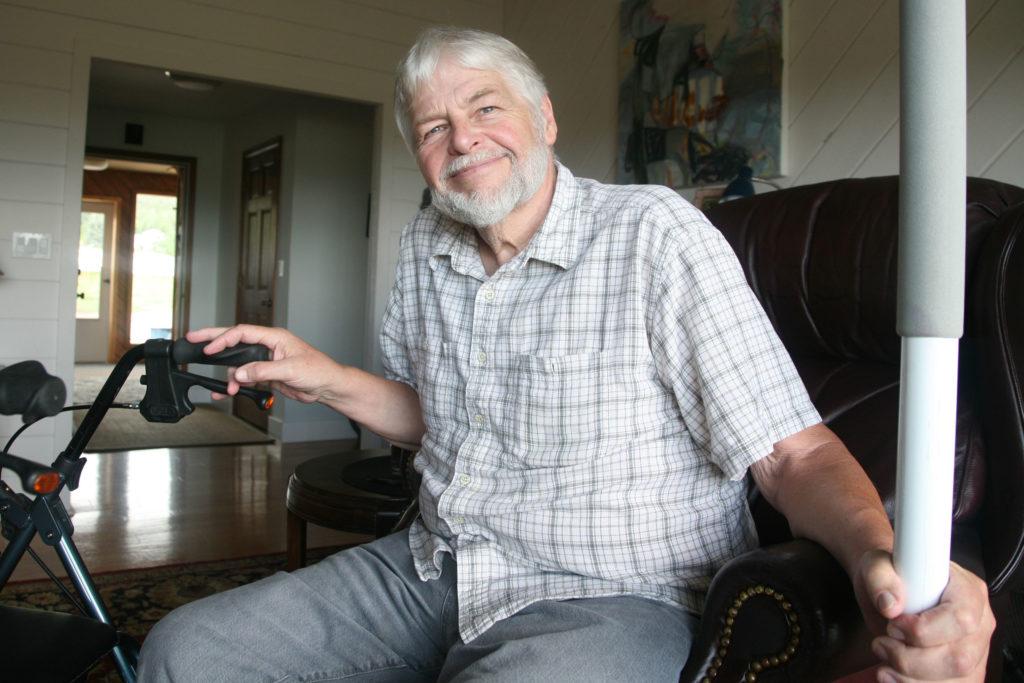
He knows now how much worse it could have been.
VanDenBerg spreads the message to anyone who will listen. He founded the West Nile support group, the one Betsy Marston is a part of, and insists he’ll speak about the dangers of West Nile whenever, wherever, be it a town meeting or a concert.
He’s connected to survivors across the country who’ve lost their eyesight or hearing, people who’ve never made it off an oxygen tube. These are the kinds of West Nile cases most never hear about, the kinds of cases that make him feel lucky.
“I had friends, I had relatives, I had support, I had financial abilities,” he said. “If you don't have any of those things, try to imagine all of a sudden you can't walk and your arms don't work in your brains going haywire.”
While VanDenBerg has given a few talks to good response, he’s not exactly on the West Nile information circuit yet. It’s still slow going, with not everyone eager to hear about the virus’ dangers. He gets it. He was never worried about it either, until he had no choice.
“Before I got west Nile, when I’d look at my area, I would see nothing but wonderfulness,” he said with a smile. “Now I look at my area and think: “It's wonderful. It's beautiful. But boy, I better be careful.”







